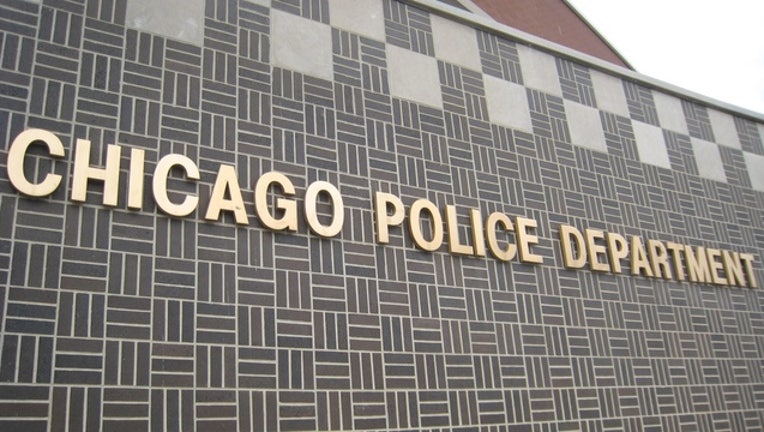Chicago police alter policy on force following backlash

(BBC World Service/Flickr)
CHICAGO (AP) - A draft of a new Chicago Police Department use-of-force policy released Tuesday would give officers more latitude in deciding when to fire their weapons, backing off an earlier proposal that the police union had said was too restrictive and have put officers in danger.
Chicago is struggling to forge a new police policy that balances the need for officers to do their work amid a wave of shootings, while restoring community trust following public anger over the shooting of black teenager Laquan McDonald in 2014.
The new draft backs off a suggestion in October that officers not use force unless "all other reasonable alternatives have been exhausted," which had prompted concern from the police union that it was "too restrictive and would endanger officers who need to protect themselves in various situations."
The proposal now says that officers are required to use de-escalation tactics only when it does not put their personal safety at risk.
"The requirement that officers apply de-escalation principals does not mean officers must endanger themselves,' according to the latest draft.
Fraternal Order of Police President Dean Angelo Sr., told the Chicago Tribune that the changes since October show the department paid attention to union concerns.
"It's not like we look forward to utilizing force or we look forward to firing our weapon," he told the newspaper.
But others said that latest proposal was troubling in the context of a history of Chicago police condoning and using excessive force.
"Nobody wants a cop to be shot or hurt but they haven't demonstrated good judgment as when to use (lethal force) and when not to," said Alderman Howard Brookins Jr. "I am concerned about giving them more authority and more latitude toward (the use of) lethal force."
Chicago's police department has been under intense pressure since a video was released in 2015 showing a white officer shooting McDonald 16 times. Public outrage led to calls for Mayor Rahm Emanuel to step down, forced out the police chief and led to the election defeat of a prosecutor who had not moved for months to charge the officer.
The U.S. Justice Department in the waning days of President Barack Obama's administration concluded in a scathing report that the Chicago department had a long history of civil rights violations and excessive force. But it is unclear if President Donald Trump's administration will follow through on those conclusions and push Chicago for reforms.
Emanuel and the police department are also under scrutiny following a sharp increase in homicides concentrated in poor neighborhoods. Chicago had 762 murders in 2016, the most killings in the city in nearly two decades and more than New York and Los Angeles combined.
The police department is accepting comments on the new policy draft until March 16.

